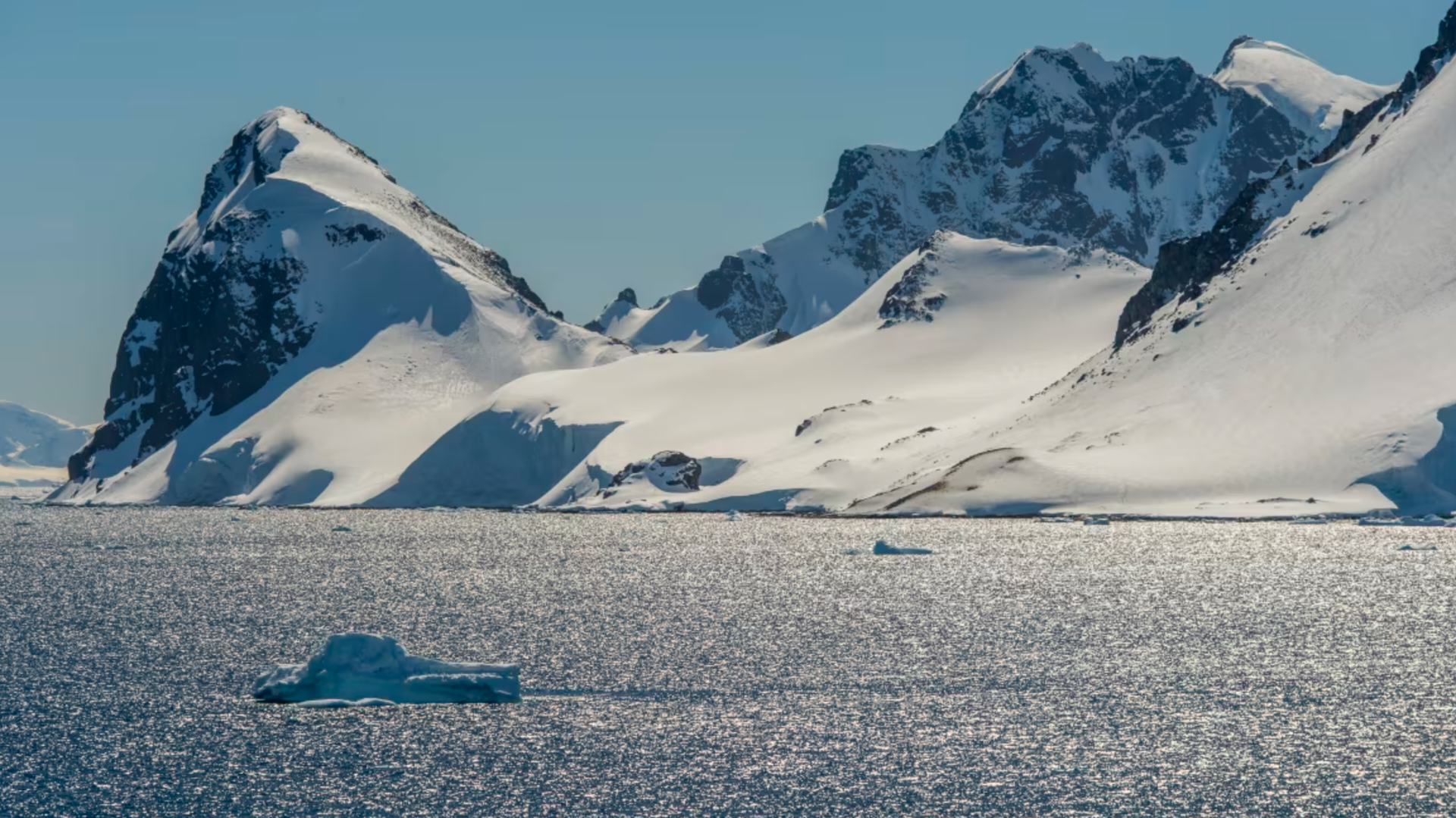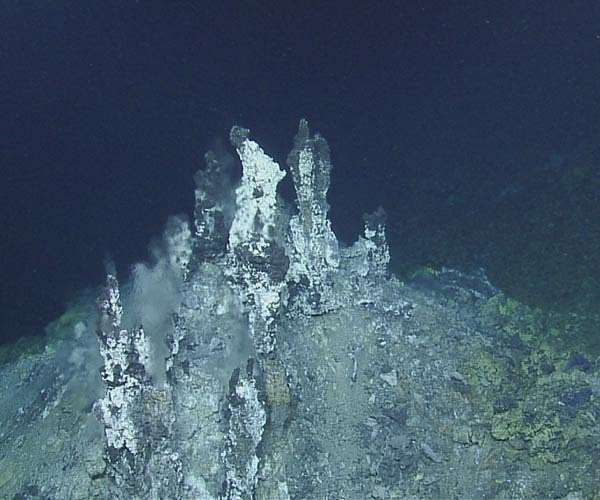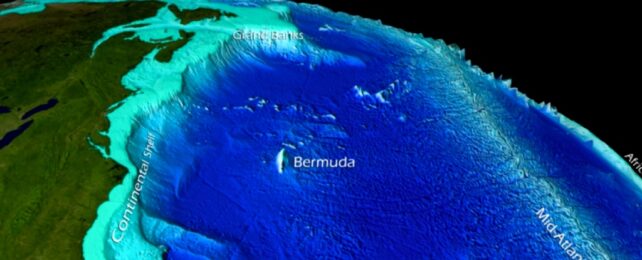
In recent years, the Southern Ocean has undergone rapid rise in surface salinity across the waters surrounding Antarctica, paired with a steep and ongoing decline in sea ice.

Japanese researchers have made a compelling case that Earth’s oceans were once green, in a study published in Nature.

A new study explores how marine biodiversity conservation, human health and wellbeing are connected.

Japanese researchers have uncovered inorganic nanostructures around deep-ocean hydrothermal vents that closely resemble key molecules involved in life processes.

Even with rapid emission cuts, some level of continued acidification may be unavoidable due to the CO2 already emitted and the time it takes for the ocean system to respond.

Study reveals that deep-sea currents have been weakening, strengthening during 2.4m-year climate cycles

The electric eel is the biggest power-making creature on Earth. It can release up to 860 volts, which is enough to run a machine. In a recent study, Japanese researchers found electric eels can release enough electricity to genetically modify small fish larvae.

A new modeling shows that marine heatwaves can unfold deep underwater, too – sometimes in tandem with heatwaves that ripple across the ocean surface or else when there is no detectable warming signal above.

A major essay in a prestigious, peer-reviewed scientific journal argues that oceans are a “living entity” entitled to rights. The “Ocean rights” approach would make the creatures of the sea co-equal with humans.

By 2080, around 70% of the world's oceans could be suffocating from a lack of oxygen as a result of climate change, potentially impacting marine ecosystems worldwide.

If to cut the planet in half at the 60 degree longitude line, the half of the planet that consists mainly of the Pacific Ocean allowed much more heat to escape than the hemisphere that includes Africa, Europe and Asia.

The Southern Ocean, an area south of 40 degrees latitude, has been identified as one place on Earth where the air has not been contaminated. The air of it is free of aerosols resulting from human activities.

Defined as the largest animals in the oceans, with a body mass that exceeds 45kg, examples include sharks, whales, seals and sea turtles - threatened marine megafauna, is facing extinction and we will face consequences.

Collisions of underwater tectonic plates are pulling about three times as much water deep into the Earth than what was previously calculated.

Since 1991, the world's oceans have absorbed an amount of heat energy each year that is 150 times the energy humans produce as electricity annually, according to a new study.